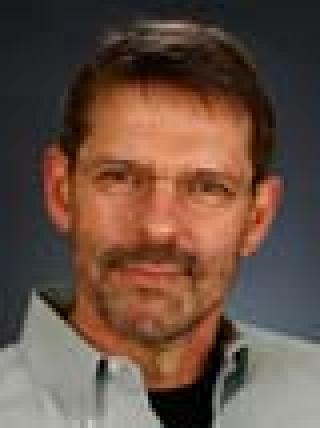
Senior professors are honored for their exceptional scholarly accomplishments and younger faculty members for their demonstrated scholarly potential.

Noel Cressie
Distinguished Professor of Mathematical and Physical Sciences
Director, Program in Spatial Statistics and Environmental Sciences
Department of Statistics
Colleagues consider Noel Cressie to be an eminent scholar whose contributions to the burgeoning fields of spatial statistics and environmetrics have been many, noteworthy and significant. Cressie came to The Ohio State University in 1998 to found and head the Program in Spatial Statistics and Environmental Sciences. Exceeding in research, teaching, service and communication, he has authored or coauthored roughly 200 refereed publications, 60 non-refereed proceedings and other publications and 100 other contributions. His research has brought approximately $2.5 million to Ohio State from agencies such as the National Science Foundation, the American Chemical Council and the Office of Naval Research. Cressie’s textbook, Statistics of Spatial Data, is the most comprehensive and widely cited in his field. The primary application of his study has been to the disciplines of global remote sensing, regional climate modeling and real-time analysis of multivariate, special data sets and has resulted in new methods that are now implemented by the National Center for Atmospheric Research. Additionally, he has been recognized with several honors, including the 2004 Statistical Science Award from the Centers for Disease Control and Prevention and has been instrumental in the training of the next generation of statisticians and applied scientists. Cressie received his Ph.D. in statistics from Princeton University.
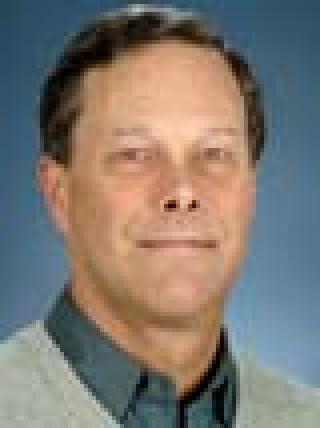
Richard Gunther
Professor
Department of Political Science
An outstanding scholar on Spanish politics and society in the United States and Europe, Richard Gunther has written the most important monograph on the Spanish party system and edits one of the most important recent books on political parties. A leader in the study of Southern European politics and in the field of comparative politics, his work has had a substantial impact on a variety of subfields in political science, including public policy studies, political institutions, regime democratization, political parties and electoral behavior. With 11 books, 14 research monographs and more than 70 articles and book chapters published in eight foreign languages, Gunther’s career has been devoted to telling the story of the transformation of Spain from an authoritarian system to a fully consolidated democracy through empirical analysis of elite interviews and mass opinion data. Gunther sheds significant light on the model of democratic development, analyzing the key democracy-building role played by ideologically opposed elites. His accumulation of fieldwork on Spanish party and democratic politics give him a rich and nuanced feel for how democracy operates in some of the newer democracies that few scholars can match. Gunther received his B.A., M.A. and Ph.D., all in political science, from the University of California at Berkeley and joined Ohio State’s faculty in 1976.
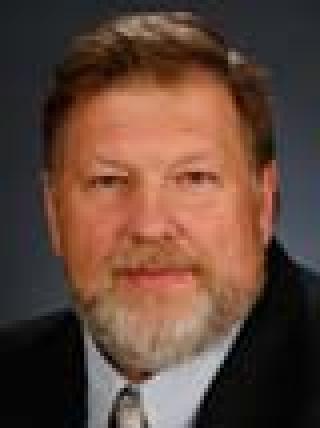
Randy J. Nelson
Professor, Psychobiology and Neuroscience Program
Departments of Psychology and Neuroscience
Few neuroscientists today offer a more comprehensive comparative approach to behavior than Randy J. Nelson. Constantly mixing information from disparate fields to offer new insights into old problems, Nelson is a highly productive researcher who has authored more than 220 peer-reviewed articles in the fields of endocrinology, immune function and aggression. He is credited with starting a novel research subdiscipline, viz., the study of seasonal patterns of stress, immune function and disease. Having held several national leadership positions, including program officer for the Integrative Biology and Neuroscience Directorate at the National Science Foundation, Nelson is considered one of the country’s greatest behaviorists in the area of photoperiodic and hormonal regulation of behavior. He has the ability to link new advances in molecular biology to behavioral consequences and has been instrumental in developing novel and important models of human heart disease. Nelson earned simultaneous Ph.D.s in psychology and endocrinology—one of the first in the United States to do so—from the University of California at Berkeley and joined the Ohio State faculty in 2000.
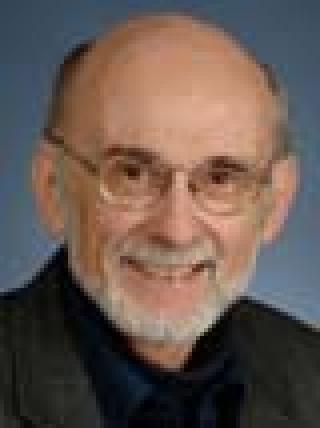
Thomas Postlewait
Professor
Department of Theatre
A leading, industrious and consistently read theater historian in the United States, Thomas Postlewait specializes in four areas of study: American theater studies, British theater history of the late 19th and 20th centuries, British Renaissance theater history and theater historiography. He successfully led a six-year national campaign for the inclusion of the field of theater in the evaluation of doctoral education in the United States by the National Research Council, which resulted in the addition of theater to art history and musicology as the third major in art in the NRC study. Postlewait has presented speeches and papers on microhistory, theories of evidence, theatrical biography and concepts of the political and historical periodization at national and international conferences, and he is the only scholar in his field to be invited to contribute both to the Cambridge History of American Theatre and the Cambridge History of British History. Postlewait has shifted the focus of theater history to the event of theater, which includes not only what is seen onstage, but also what happens offstage culturally and socio-politically. He received his bachelor’s in humanities from Portland State University and his doctorate in English from the University of Minnesota and joined the Ohio State faculty in 1994.
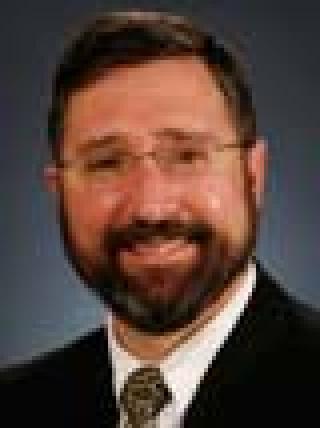
Thomas J. Rosol
Professor, Department of Veterinary Biosciences
Ruth Stanton Chair in Veterinary Medicine
Dean, College of Veterinary Medicine
Thomas J. Rosol is known as an individual who has made broad contributions to the veterinary aspects of bone metastasis, calcium and bone metabolism. A professor, mentor and pioneer in cancer research, Rosol has authored or coauthored 163 scientific publications, many in the top journals in his field, including the Journal of Endocrinology, Journal of Molecular Endocrinology, Journal of Bone and Mineral Research and The Prostate. In 2004, he was elected a Fellow of the American Association for the Advancement of Science. His innovative health-related research has focused on instigating the role of a relatively new hormone produced by cancer cells that leads to a life-threatening blood condition in animal and human cancer patients, but Rosol is perhaps best known for his discovery of parathyroid hormone-related protein in multiple animal cancers. His current work investigates the use of nanoparticles to enhance the vivo ultrasound imaging of cancer. Rosol earned a bachelor’s degree in animal science and veterinary medicine and a doctorate of veterinary medicine, for which he was valedictorian of his class—all from the University of Illinois. He also earned a Ph.D. in experimental pathobiology from Ohio State and joined the faculty in 1986.
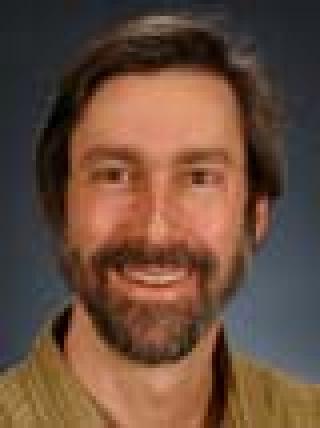
David H. Weinberg
Professor
Department of Astronomy
An extremely influential scientist, David H. Weinberg is among the top few in his field in the United States and is one of the leading theoretical astrophysicists of his generation. Specializing in theoretical analyses closely related to the interpretation of real data, his research has made several major contributions to cosmology, including universe structure, galaxy formation and the intergalactic medium. His thesis work proposed a new and highly original method for recovering the primordial density field from the observed distribution galaxies. Weinberg is known as an outstanding mentor for some of Ohio State’s most gifted graduate students. He completely transformed the graduate program in astronomy and instituted the internationally famous “Morning Coffee,” an informal 40-minute daily meeting in which faculty, staff and students discuss the newest astronomy papers. In this medium, Weinberg’s tremendous breadth of knowledge, interest in astrophysics and special skills in leading and guiding critical evaluations are showcased. His work has had a major impact in cosmology—on some of the most dynamic and heavily populated areas of contemporary astrophysical research—to the extent that he is generally regarded as a world leader on the subject. Weinberg received his Ph.D. in astrophysics from Princeton University and joined Ohio State’s faculty in 1995.


